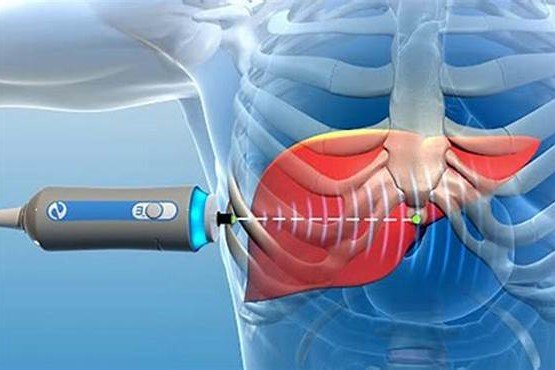
Fibroscan
Fibroscan, also known as transient elastography, is an advanced diagnostic tool used to assess liver health non-invasively. It utilizes ultrasound technology to measure liver stiffness, providing valuable information about liver fibrosis, inflammation, and fat content. This procedure is particularly useful for patients with chronic liver diseases such as hepatitis B and C, fatty liver disease, and cirrhosis. By accurately evaluating liver stiffness, Fibroscan helps healthcare providers determine the severity of liver damage and tailor treatment plans accordingly.
One of the key advantages of Fibroscan is its non-invasive nature, making it a preferred option compared to traditional liver biopsies that can be uncomfortable and carry risks. Fibroscan involves placing a probe on the skin's surface over the liver area, and a painless ultrasound wave is used to measure liver stiffness. The entire procedure is quick, typically taking less than 10 minutes, and patients can resume their normal activities immediately afterward without any downtime.
The results obtained from Fibroscan provide quantitative data on liver stiffness, expressed in kilopascals (kPa), which correlates with the degree of liver fibrosis. This information is crucial for monitoring disease progression and treatment response over time. Additionally, Fibroscan can help identify patients at higher risk of developing complications such as portal hypertension or liver failure, guiding clinicians in providing timely interventions and improving patient outcomes.
In clinical practice, Fibroscan has become an indispensable tool for hepatologists and gastroenterologists in managing liver diseases. Its accuracy, reliability, and patient-friendly approach have made it a standard part of liver health assessment protocols. As technology continues to advance, Fibroscan is expected to play an even more significant role in early diagnosis, monitoring, and personalized management of liver-related conditions, contributing to better patient care and outcomes.
Book Appointment
.jpg)
.jpg)

